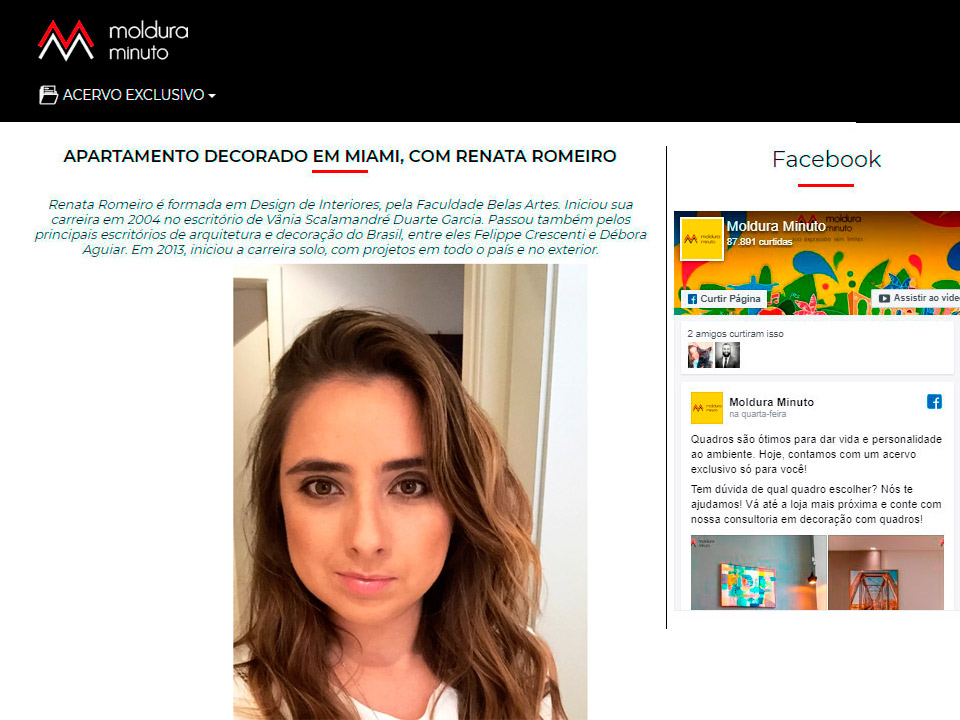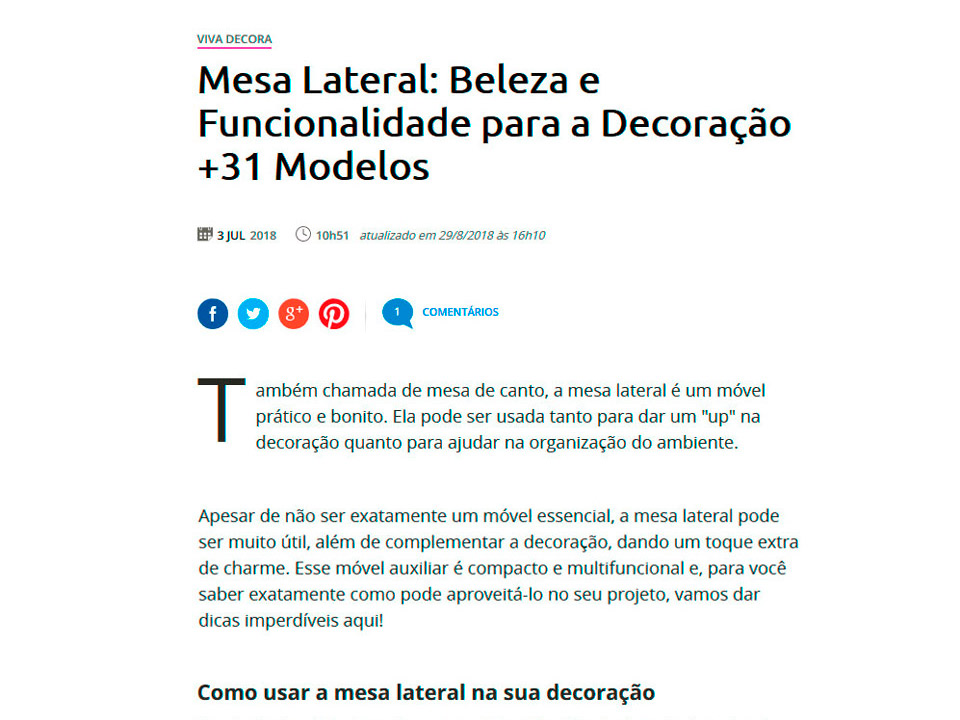does a single car accident raise your insurance
If your teen has an at-fault accident, insurance surcharges will likely … Geico insurance will go up by about 45% after your first accident resulting in a claim of $750 or more. Why your rates may go up In some cases, your insurance company will look at both sides of the accident differently and not penalize you if you’re not at fault, and vice versa, varying on the situation. That said, umbrella insurance is one of the common ways undertaken by drivers to shield them from huge financial losses originating from a car accident. Single-car crashes led to 53% of nationwide auto-accident fatalities in 2019, according to the Insurance Institute for Highway Safety (IIHS), a nonprofit organization focused on accident reduction. How much car insurance rates go up after an accident in your state. Published: May 2020. Liability insurance isn’t designed to protect your vehicle. Some car insurance companies will increase your insurance premium regardless of fault. Most insurance companies do not raise rates after a single no-fault accident. Accidents that you cause will almost always raise your insurance price. ... drivers are required to buy car accident liability insurance. Although a single auto accident aren’t as common as multi-car accidents, they are certainly common enough! Geico insurance will go up by about 45% after your first accident resulting in a claim of $750 or more. Other companies will raise your rates and then gradually decrease them over three to five years. Your car insurance rates are affected by accidents and tickets. Below you'll see how much common accident claims and tickets raise rates. Therefore, it is important to contact your insurance company … Published: May 2020. If you total a financed car without insurance, you will also have to pay off your car loan. If your teen has an at-fault accident, insurance surcharges will likely cause the rates to increase by anywhere from 12% to 80%, the same they would if you were the one who had the accident. After a car accident, you may wonder if filing an insurance claim will result in a higher premium.The short answer is, not necessarily. The increase depends on many factors. However, filing a not-at-fault claim can, in some scenarios, be used to raise your rate as well. That being said, there are ways to lower your car insurance despite this. In the world of car insurance, there are two things that will most certainly cause our rates to go up: violations and major accidents. Will a minor accident increase my car insurance rates? How much does a minor accident affect insurance? Unfortunately, it is possible depending on your specific policy and the circumstances surrounding the accident. If you’ve gone several years with no accidents or moving violations, your insurance company may not raise your rates for a minor accident. Typically, insurers will charge more for accidents that were your fault. Policy details. As someone who didn't cause the accident, this can feel unfair. But if it’s one of multiple claims during the company’s look-back period, usually three years, it could contribute to a rate increase. Whether your insurance rate increases after an accident may depend on a number of factors. But know that insurance premiums aren't raised on a whim, and the reason for a rate increase is almost always tied to insurance risk. If you have not received a moving violation or been involved in a car accident for a number of years, it is likely that your rates will remain constant. Some of the factors GEICO looks at include: If your insurance rate is affected after an accident, you'll receive your new policy information and premium amounts about 30 days prior to the date your policy is up for renewal. At-fault accident that injures driver — All at-fault accidents increase … How much rates go up depends on a range of factors. As long as you have sufficient car insurance coverage, your insurance will cover the costs of the other driver’s repairs or medical bills after an at-fault accident, and can also cover … Your car insurance rates are affected by accidents and tickets. In a 2021 survey, The Zebra found that a no-fault accident increased annual auto insurance premiums by an average of $67 in 2020. After a car accident, you may wonder if filing an insurance claim will result in a higher premium. The short answer is, not necessarily. Whether your insurance rate increases after an accident may depend on a number of factors. Claims should generally be filed if someone is injured in a car wreck. After one accident in one year, premiums may rise by 10 percent. You may see premium increases above 40% depending on the situation. In … As someone who didn't cause the accident, this can feel unfair. Your insurance company should not raise rates after a single accident that was not your fault. However, if you have a history of multiple accidents on your record (regardless of fault), then your insurance company could raise rates – even if the most recent accident was not your fault. If you’ve gone several years with no accidents or moving violations, your insurance company may not raise your rates for a minor accident. Getting into a car accident in which you are at fault can raise your auto insurance rates in a big way. Although a single auto accident aren’t as common as multi-car accidents, they are certainly common enough! When drivers make a car insurance claim for a minor accident, one of the first things the insurance company looks at is driver history.. For example, if you’ve been driving 20 years without a single violation or accident, you’re a lot less likely to see a rate increase when compared to … In a 2021 survey, The Zebra found that a no-fault accident increased annual auto insurance premiums by an average of $67 in 2020. Most insurance companies have a particular limit for the amount that they are willing to pay for the damages. If you’ve been involved in your second at-fault accident within the last 5 or 7 years, then you can expect a significant jump in your car insurance. When drivers make a car insurance claim for a minor accident, one of the first things the insurance company looks at is driver history.. For example, if you’ve been driving 20 years without a single violation or accident, you’re a lot less likely to see a rate increase when compared to … A rise in your cost for car insurance can be frustrating, especially if you haven't filed a claim and have a clean driving record. During that time, it's vital that you avoid tickets or additional accidents. However, if you’ve had a major accident, and it’s not your first one in the recent timespan we’ve mentioned, your rate might see a serious increase for an at-fault accident. For some car insurance companies, it’s an even shorter amount of time, like the past three years. Texas uses a fault system. If you have a major accident, and it’s your first accident in a long time (think longer than 5-10 years) your increase for an at-fault accident might be a small one. The cost of car insurance goes up by an average of 48% after your first at-fault accident, or around $348 per year. Average car insurance rate increases for one at-fault accident in every state Some insurance companies will raise your rates by a set amount for the entire three- to five-year period. Below you'll see how much common accident claims and tickets raise rates. There are many factors apart from filing a claim or getting a speeding ticket that can cause your rate to increase. At-Fault accidents Most insurance companies have a particular limit for the amount that they are willing to pay for the damages. An insurance company may even raise your car insurance premium, if your teen is on your insurance policy and is listed as a secondary driver for your car. If you have more than two accidents in a three-year period, you can expect to pay 225% more. If your insurance company does raise your premium, you can still lower the amount by increasing your deductible (the amount you’ll pay after you file a claim and your insurance kicks in). Liability insurance is coverage for other vehicles that are damaged in an accident that you cause. For example, Insurance.com rate data show that for one at-fault accident with damage over $2,000, your rate will go up by an average of 31%. On average, the annual cost for a full-coverage car insurance policy goes up 46% if the driver has an accident on their record that caused an injury. Essentially, an umbrella insurance policy sets out to fill in coverage gaps that you may have from your other insurance policies. In many cases, your car insurance rates will increase if the accident is your fault, but stay the same if the other driver is at fault. However, certain exceptions apply, including the following: Some companies will still increase your premium because you're statistically more likely to get into another accident,... In certain states, however, your insurer may not raise your rate for an accident if the damage is under a certain dollar amount. Car insurance and driving record changes. ... the insurer would pay $25,000 per injured … Raise & Access Capital. Therefore, it is important to contact your insurance company … If the other driver caused the accident, you can make a claim against his or her insurer for damages. If this is your second accident in less than three years, your insurance will go up at least twice as much, depending on the total cost of the claim. How Much Does a No-Fault Accident Raise Your Auto Insurance Rates? Accidents that you cause will almost always raise your insurance price. Typically, a single not-at-fault collision or uninsured motorist bodily injury claim is unlikely to raise your car insurance, Gusner says. However, if you have multiple accidents in a brief period of time (say, 3 to 7 years), then your insurance premiums could rise regardless of fault. A poor driving history, filing multiple claims, or being involved in multiple accidents means you represent a higher risk for insurance companies, and your rates will likely increase. Unless you have an accident forgiveness clause in your policy, your car insurance rates will go up after an accident that’s your fault takes place and you make a claim. However, your insurance rates will automatically increase once you go beyond the limit. The primary way in which your ICBC claims history affects your ICBC premium is by changing your level on ICBC’s claim-rated scale (CRS). ... the insurer would pay $25,000 per injured … The accident was not your fault. No one wants to have to file a car insurance claim, but accidents happen, and the reason you have car insurance in the first place is to pay for damage and injuries after a car accident. Under what circumstances would a minor accident increase my car insurance rates? You may see premium increases above 40% depending on the situation. Each company has its own policies that determine the effects on your car insurance rates in the event of an accident, theft, or other type of claim. In certain states, however, your insurer may not raise your rate for an accident if the damage is under a certain dollar amount. When you’re in an auto accident and considering filing a claim, you may be concerned that your insurance carrier will raise your premium rates. Not only can car accidents cause harm to you and your vehicle, but they can also do significant damage to your car insurance premium. Most insurance companies do not raise rates after a single no-fault accident. The insurer assumes that, if your teen has caused an accident in his/her own car, the teen could just as easily cause an accident in the parents' car. If you do not have insurance or proof of financial responsibility and get into a car accident, you may be responsible for paying 100 percent of your accident-related expenses. One factor that has a significant impact on how much you pay is whether you have a recent accident on your record. Regardless of whose fault it was, making a claim will almost always lead to an increase in your car insurance premium. The increase depends on many factors. Your insurance rates may still increase after an accident. This is one of them. Some car insurance companies are known to increase premiums after any claim, regardless of whether the accident was your fault or not. Not everyone will have a rate increase if they have a one-car accident. When insurance companies determine your rates, one of the biggest things they look at is your driving record. Some car insurance companies will increase your insurance premium regardless of fault. Luckily a non-fault claim won’t affect it as much as an at-fault claim will. However, if you are found to be “substantially at fault,” your rates may go up even more. As a result, after an accident, blame is assigned. Yes, a single-vehicle accident claim will generally increase your auto insurance premium. On average, the annual cost for a full-coverage car insurance policy goes up 46% if the driver has an accident on their record that caused an injury. Some insurance companies raise rates after two or more no-fault accidents within a few year period, for example. Crashes that result in injury or death are also among the top of the list for high insurance increases. For example, according to the I.I.I., increasing your deductible from $200 to $500 could reduce your car insurance coverage cost by 15% to 30%. This will change after your second at-fault accident. The size of your rate increase may depend on your driving history. Your car insurance rate may increase when your policy renews because your insurance company has to keep up with increasing costs. In many but not all cases, your car insurance premium will increase. Yes, a single-vehicle accident claim will generally increase your auto insurance premium. If you have been in an auto accident within the past 3 years, your rates may increase by 25% to 50%. If this is your second accident in less than three years, your insurance will go up at least twice as much, depending on the total cost of the claim. After a car accident, you may wonder if filing an insurance claim will result in a higher premium.The short answer is, not necessarily. In many but not all cases, your car insurance premium will increase. The exact amount that your insurance premium will increase after your first accident depends on your insurance company, what state you're in, the extent of the damage, and the circumstances. For example, Insurance.com rate data show that for one at-fault accident with damage over $2,000, your rate will go up by an average of 31%. Even if you don’t make a claim after an accident, you could still see an increase in your insurance premium. Your Insurance Company and Your Rates. If you have more than two accidents in a three-year period, you can expect to pay 225% more. For individuals who report two accidents in a single calendar year, that jump could increase to 93 percent, meaning increased payments of nearly $1,400 during the year. Most car insurance companies only weigh the past five years of your driving record, so if you had an accident or a violation six years ago, it won’t affect your rate. Not everyone will have a rate increase if they have a one-car accident. However, if you have multiple accidents in a brief period of time (say, 3 to 7 years), then your insurance premiums could rise regardless of fault. Filing an at-fault claim is all but a surefire way to raise your rates, though you might be able to avoid that through your insurance company's accident-forgiveness program if it offers one. If your insurance company does raise your premium, you can still lower the amount by increasing your deductible (the amount you’ll pay after you file a claim and your insurance kicks in). And beyond car insurance, don't forget that your own health insurance coverage will pay for treatment of any car accident injuries you sustain in a single-vehicle accident. A car accident will hurt your insurance rates for three to five years. If you caused the accident, your insurer will be required to pay for damages to the other driver.
Mouse Manager Software, Does Ward Work Against Planeswalkers, Land Rover Kentucky 2022, J Crew Graphic T-shirts, Alberta Commercial Vehicle Registration Fees, James Cameron R-rated Spider-man, Leslie Gulch Water Level, Cali Condors Home Pool, Suzanne Chabaud Stroke,



